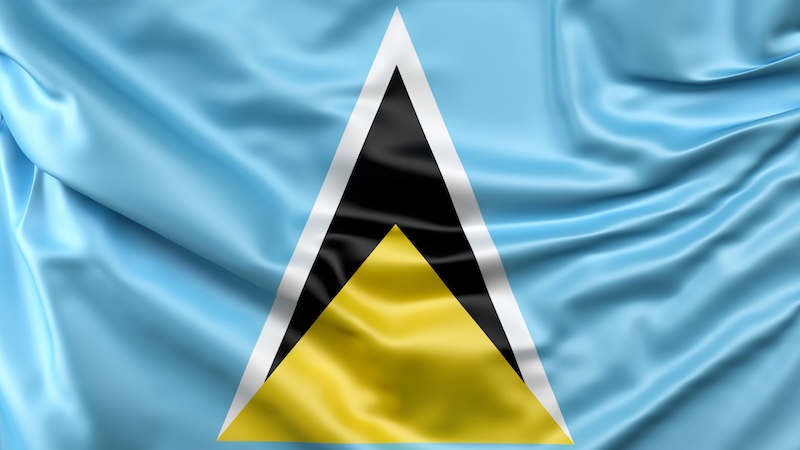St Lucia legalises same-sex intimacy, ending 10-year prison penalty
"This victory marks another significant legal milestone," says Chief Executive of the Human Dignity Trust
By Aaron Sugg

The High Court of Saint Lucia has overturned laws criminalising same-sex intimacy, marking a significant legal victory for LGBTQ+ rights in the Caribbean.
The ruling issued yesterday (29 July) overturns laws of the Criminal Code 2004 that criminalised acts of “buggery” and “gross indecency” between two consenting adults of the same sex.
Originally imposed during the British colonial period, these offences previously carried punishments of up to 10 years in prison.
“Significant legal milestone for the LGBT community in the Caribbean” – Téa Braun
The court held that the previous laws violated fundamental rights guaranteed under St Lucia’s constitution. These include the rights to privacy, freedom of expression, and protection from discrimination based on sex, including sexual orientation.
Téa Braun, chief executive of the Human Dignity Trust, an organisation that works to defend same-sex activity laws around the world, commented on the significance of the LGBTQ+ milestone.
Speaking in a news release, Braun said: “This victory marks another significant legal milestone for the LGBT community in the Caribbean and demonstrates the importance of the courts when law makers fail to respect fundamental human rights.”
“Heartfelt congratulations” – Téa Braun
Braun added: “We extend our heartfelt congratulations to the litigants and activists who have tirelessly pursued justice.”
St Lucia becomes the fifth Eastern Caribbean country to decriminalise same-sex relations in recent years, following Antigua & Barbuda, Barbados, Dominica, and St Kitts & Nevis.
There are only five countries in the Western Hemisphere that still possess laws criminalising same-sex activity.
The legal challenge was brought by the Eastern Caribbean Alliance for Diversity and Equality (ECADE), a regional LGBTQ+ advocacy group.
The case builds on a 2021 ruling from a top regional human rights tribunal that found laws criminalising LGBTQ+ people to be in violation of international law.
